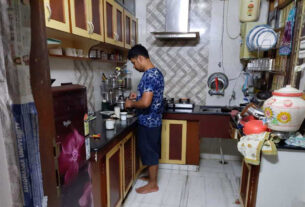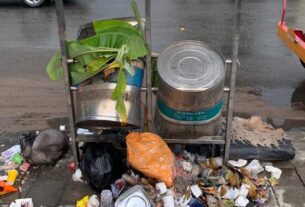New Renewable Energy Policy (2021-26) draft has envisioned production of 20 GW PV solar rooftops projects, as the state achieves its target before time.
Karnataka, the leader in renewable energy production in India, has achieved the amended target of Karnataka Solar Energy Policy (2014-21) before time.
The state now has a 7335.17 MW allotted capacity, which is 22.2 percent higher than the target. The government has now amended the earlier target of 2000 MW to 6000 MW to be achieved by 2022 in 2017.[a1]
Karnataka receives 240 to 300 sunny days which makes it a suitable place for solar energy production. The RenewableEnergy Policy (2021-26), shows that the state has 86,792 MW renewable energy production capacity. It’s also the first state in South India to initiate a solar energy policy, Karnataka Renewable Energy Policy 2009-14.
Neighbouring Tamil Nadu notified its first solar energy policy in 2012. The Tamil Nadu Solar Energy Policy 2012 had a target of installation capacity of 3000 MW by 2015. Now, Tamil Nadu’s installed capacity has increased by 31.5 percent to 3947 MW. The other two leaders in solar energy production are Telangana and Andhra Pradesh.
Karnataka promoted solar energy growth in the state by setting low tariff rates for solar power projects and solar off-grid installations which. Bangalore Electricity Supply Company (BESCOM), under Soura Gruha Yojana, is giving 20 to 40 percent subsidy to houses and residential complexes for installing solar panels on rooftops.
The Karnataka Renewable Energy Development Limited (KREDL) has various schemes under the solar policy. “All those policies were implemented in a phased manner,” said A. M Shidling, Public Information Officer, KREDL.
The demand for solar energy is growing in the state. Green Clouds Renewable Energy, a company which offers environment-friendly power solutions said that the demand for solar energy is good and it’s across Bangalore. The company said “…customers do a lot of research before coming to us. We don’t want to explain any new things to them; market as well solar awareness rising [Sic.]”
Asis Kumar Ganguly, a resident in Bangalore, uses solar power in his home, said that he opted for solar energy because it was reasonable and it was good for Indian climate. Initiatives to bolster up production of solar energy in the state were taken in 2011, as part of the central government’s JawaharLal Nehru National Solar Mission (JNNSM) which was launched in 2010. The mission had a 100 MW production target at first. Presently, JNNSM’s target is to produce 1,00,000 MW of solar energy and to supply eight percent of the total power consumption in the country through solar.
To enhance the state’s solar energy production capability and make it a leading hub in renewable energy production, the government has drafted a new Solar Energy Policy (2021-26). The policy, still in the draft version, is available to take comments from various experts, according to the KREDL (Karnataka Renewable Energy Development Limited) website.




